An Adult Autistic Woman Breaks Down the Insidious Trauma Caused By ABA in a Simple Yet Profound Way
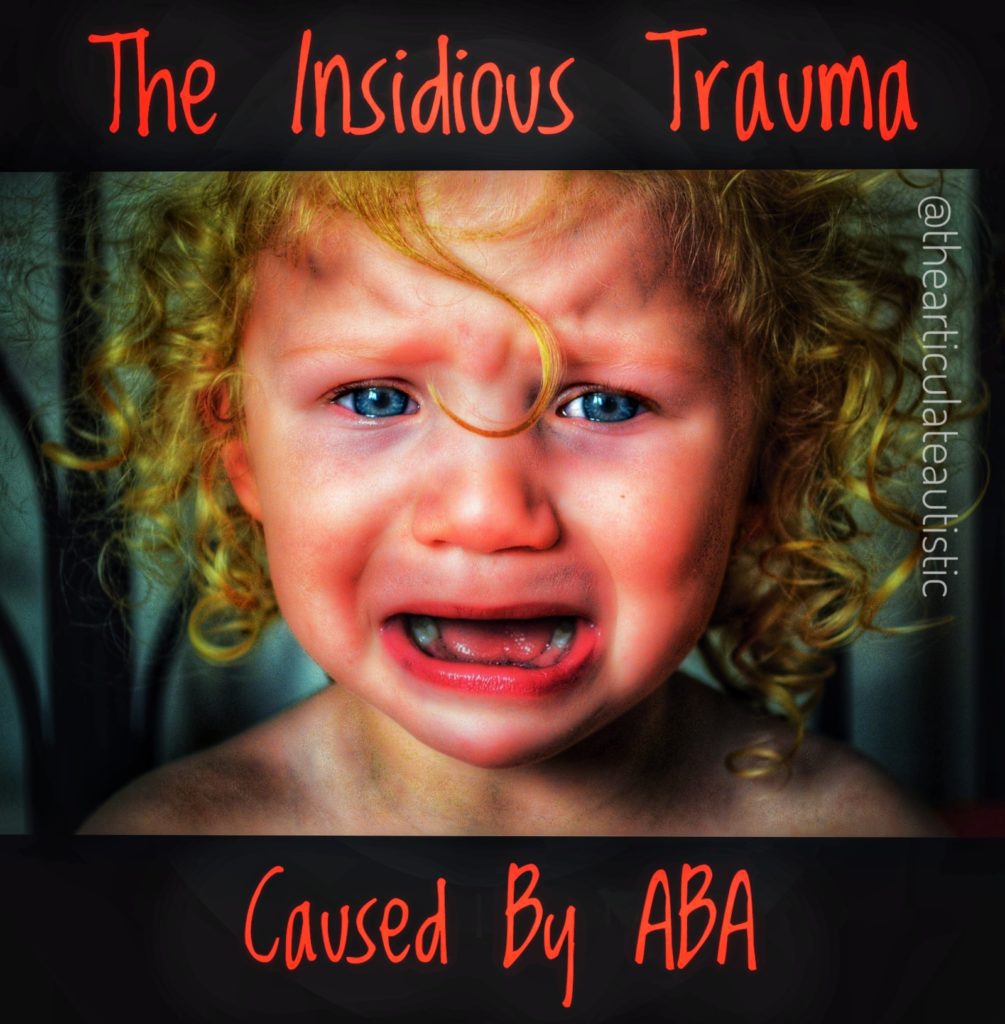
Sabra Ewing is an autistic adult who received her official diagnosis late last year. She recently commented on a post in a Facebook autism forum I belong to, and her breakdown of ABA was one of the best I’ve ever seen.
After reading it, I quickly asked her if I could re-post her insightful explanation here on my website.
**Trigger Warning** for link below. Video is very disturbing and ableist.
(Keep in mind that Sabra has never experienced ABA first-hand, but it is a special interest of hers that developed after watching the dreaded “I Am Autism” video that Autism Speaks put out years ago).
Most autistic people do not like it when things don’t make sense. It can be as painful and irritating to us as a scratchy tag in a shirt (which feels like a cactus to many of us) or a loud noise that pierces our eardrums to the very core (even though the neurotypical people around us barely appear to notice it).
In order to relieve the terrible discomfort that something that doesn’t add up that Sabra shares with many other autistic people, she took to doing extensive research on ABA while using logical and rational thinking to fully understand what was happening, and just why it’s so incredibly controversial and confusing, even for those in the autistic community.
Below is her research process broken down in her own words. In some places, I interject my own thoughts, but I have those clearly marked.
Sabra:
“I became a bit obsessed with ABA after watching the “I Am Autism” commercial. At that time, I didn’t know that much about autism, but I did not like the commercial.
I thought more about ABA when I was in college getting my degree in Business Management. A lot of the classes were about behavior and supporting the morale of employees.
The class presented various theories about how to help employees do well at work. Then I became very obsessed with the whole thing.
Why do people do the things they do? When people commit crimes, why do they do so and keep re-offending? Then I got back to ABA and how its practitioners said it was evidence-based, and how good it was at changing behavior.
I thought, if it is so good at changing behavior, why is it mainly being used for autism? I thought, if it is so good at doing what it says, the way that it is being used seems such a waste!
So, then I thought I would learn more about it.
I wanted to know things like:
- What happens in a session?
- What do they do if you don’t comply?
- If what they are asking you to do is so uncomfortable that no reward could make you do it, then what would they do?
At first, I couldn’t find information, but then I realized that to get the information I wanted, I had to change my questions. I had to ask questions as though I were a parent interested in ABA, or as though I was interested in becoming an ABA therapist.
If I said I was a parent who was interested in ABA but didn’t want my child to be tortured, what would the ABA center say to me? Also, how would practitioners justify any guilt they may feel over doing this?
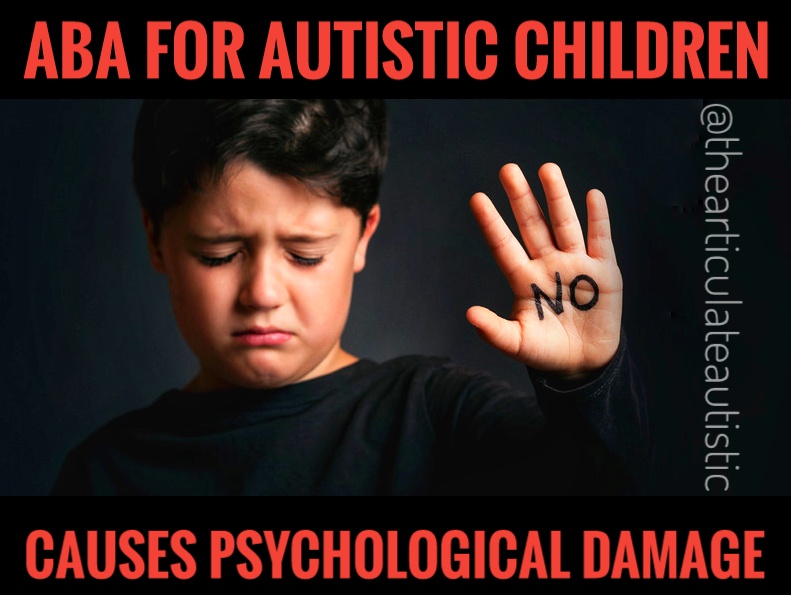
I then realized that a lot of autistic people who are trying to get others to understand the harm that ABA does are also a bit behind the times.
What I mean is that ABA practitioners have re-branded the entire practice and are using completely different justifications, yet a lot of autistics continue giving responses to the old justifications that the industry is no longer using.
What I found in my research is that the industry has abandoned the line about “making autistic people indistinguishable from their peers”, which was a huge point of contention towards the original format.
Instead, they have replaced it with the idea that ABA is needed to “teach skills needed to live a meaningful life”. Because of this new approach, parents might be lead to believe that everything is fine with this new, re-branded ABA because stimming is always allowed. However, in most cases, stimming is allowed only in private or as a reward only.
Parents and practitioners alike tell themselves that as long as they are teaching the autistic person skills without trying to change who they are, it is not abusive.
But actually, ABA is abusive and unethical regardless of whether the person is autistic. See, you can’t just change what you are using it for and then make it ethical that way.
Also, I just had to figure out what would make autistic people cooperate with this therapy, especially since we are often called “inflexible”, “uncooperative”, and “maladaptive”. What did this therapy DO exactly that made ordinarily free-thinking autistic people comply?”
Jaime:
Love is how it’s done. Oh, but the most insidious type of love. Picture a romantic relationship where one partner abuses the other. Occasionally, there are respites from abuse in the form of either stopping the abuse entirely or apologies in the form of love letters and flowers just for the cycle of abuse to continue all over again.
This is what ABA essentially is. This is how its victims are trained.
So, what would make an autistic person love an ABA therapist (or at least believe they felt love for this therapist)?
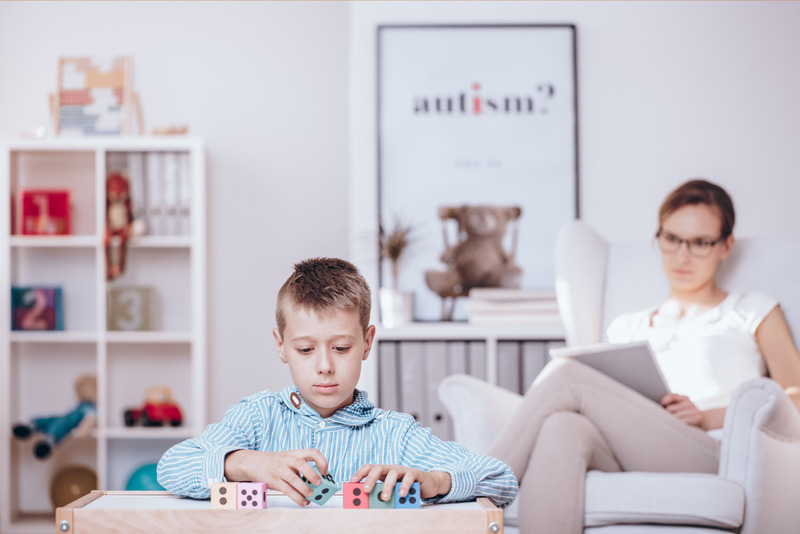
Sabra:
“If you watch videos of autistic children going through ABA at home and/or in 40-hours-a-week mandatory sessions, you’ll notice something called ‘pairing’.
What I learned is that ABA training guidelines make sure that the ABA practitioner is “paired” with everything the child loves. In fact, it reminded me of a marketing approach that I learned in college, and it works on adults of all neurotypes, as well.
See, a brand will get you to have good feelings toward it by pairing itself with things that you love. With marketing though, you know that you are seeing an advertisement, or that companies are promoting their brand. This means you can still consciously choose not to buy whatever it is they’re selling even if you do feel influenced by the commercial in some way.
But a person actively manipulating the relationship so that you will like them is more confusing, especially for us very literal and trusting autistics.
That feeling of pairing makes many autistic children and teens want to please their therapist even if what they’re doing to them makes them very uncomfortable.
There’s something else to think about, as well.
Even if the activity itself doesn’t make the autistic person feel uncomfortable, they are still being told that everything enjoyable is a privilege, and that enjoying one’s life is a privilege, and you will only earn every bit of enjoyment you have by doing an activity that the therapist wants.
Only as long as the autistic person is compliant and pleasing the therapist will they enjoy their life. Meaning, if, and only if, the autistic child complies with the training, will they then be allowed to stim, self-soothe, play with stim toys, take a break, and, in some cases, eat or use the bathroom.”
Jaime:
These are things that all human beings need. These are not wants or privileges. This isn’t a reward for good grades such as a pizza outing or a trip to a favorite amusement park.
These children in ABA training have to actively work against their own neurology time and time and time again to get the things they NEED to survive! It’s the only way they can, so, of COURSE they eventually comply!
Here’s another way to think about it, disturbing as it is:
If someone had absolute power over you and said you couldn’t eat or use the bathroom or take a shower until you jumped through a hoop 5 times a day in broad daylight while wearing a tutu and quacking like a duck, how would it make you feel?
That’s abuse, right? That’s undignified, right? That’s demoralizing, right?
But, eventually, your human physical needs that you must have in order to survive would win out over your embarrassment and humiliation, and you would do it.
And the emotional trauma from that alone could take decades of therapy to undo.

Sabra:
“Then I realized that is why people do it. That is why people cooperate. Because the whole environment is controlled, there is no way out, and to get any enjoyment out of life at all, they have to cooperate.
Also, spending a lot of time with someone naturally gets you to like them more, so if you are spending 40 hours a week with a therapist, you might eventually start to like them.
There also seems to be an idea (that I do not agree with) that if you act as though you like something, or if you act as though you are paying attention through your behavior, then you actually will like something or pay attention.
So, if the grocery store is causing you pain sensory wise, but if you behave as though you love the grocery store, then according to this idea, you will eventually love the grocery store, and I don’t think that is true.”
Jaime:
Although I’ve never experienced ABA training, either. I do know that this has also been my experience in childhood. I learned very early on in life that I, as I was, was not acceptable. Not my behavior, not my way of thinking, not my way of speaking, not my facial expressions (or lack thereof), not my way of being. Nothing. I was not acceptable, and because of that, I was repeatedly traumatized until I learned how to mask to save what was left of my sanity.
A child or teen going through ABA training may do what I did; mask or pretend to like it or not be as bothered by it so they can get their basic needs met.
But, like me, the person enduring the training hasn’t changed inside, they’ve just learned to do what’s wanted to be in as little pain for as short a time as possible. In other words, whatever stops the torture.
That is not learning, that is not changing, that is not growth: That is surviving in an environment that is completely foreign to your neurology just so you’ll have some measure of comfort when, at last, your ABA training is done for the day.
The problem is, it all starts again tomorrow.
Learn more about the psychological dangers of ABA “therapy” for autistic children by clicking on the article links below.
Understanding your autistic loved one’s mind, motivations, and intentions is absolutely imperative to enjoying better communication and avoiding harmful “therapies” like ABA.
Click on the photos below to check out books that will help you better understand the way an autistic person sees and perceives the world.
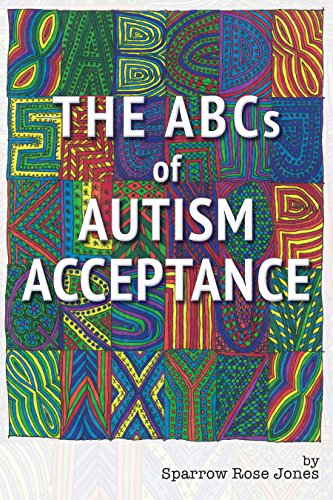
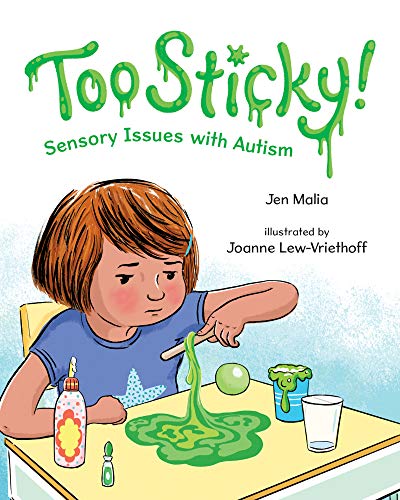

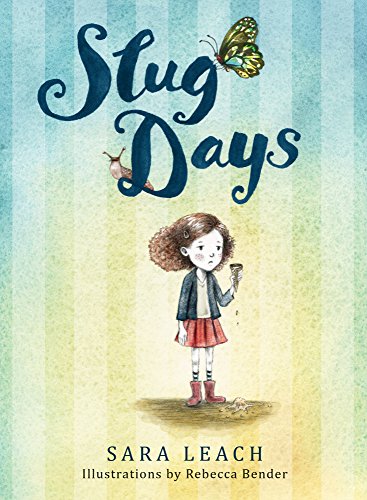
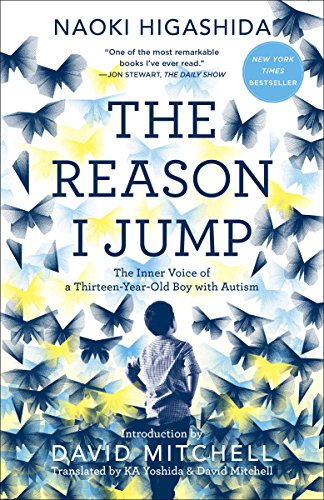
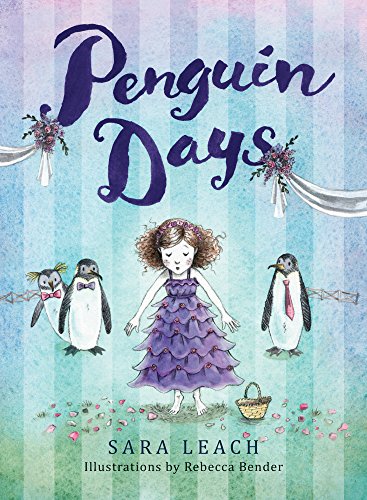

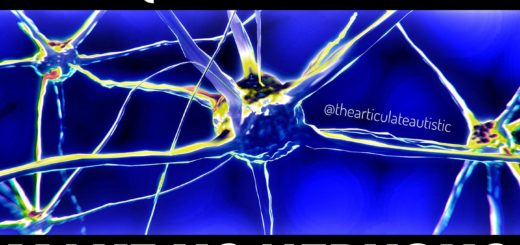



it’s not really normal for a grown adult to be say that they are the child’s advocate or that parents child is obsessed with them. that seems a little bit like grooming.
I don’t view advocacy for a child as grooming but obsession, yes. That can definitely have some negative connotations.
I don’t know if asking this will be useful for me as being autistic to I will never find my way back here to read the answer.
But for the life of me I can not find in the article what the letters ABA mean.
I have seen this a couple of times now in various articles. And totally drives up the wall that we don’t write it the long way first then abbreviation from then on as use to be customary in writing. Sadly I don’t speak fluent acronym.
It stands for Applied Behavior Analysis.
Thank you.I did not know either what it meant and spent quite a long time looking for its meaning.
No where could I find what ABA is
It stands for Applied Behavior Analysis